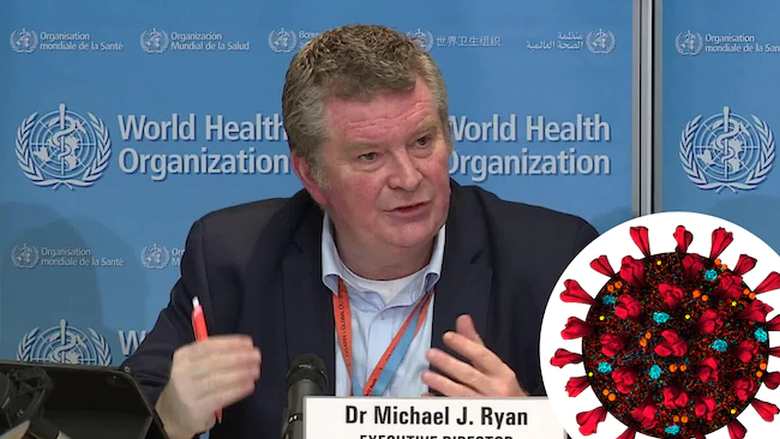Coronavirus may NEVER go away. It may take four to five years to contain, WHO officials warn

The deadly coronavirus that started in Wuhan, China in December 2019 isn’t going anywhere soon, this is according to warnings coming from the World Health Organization’s (WHO) officials. WHO said Wednesday the virus may take years to completely contain and that the virus might never totally go away.
“I would say in a four- to five-year time frame, we could be looking at controlling this,” Soumya Swaminathan, the World Health Organization’s (WHO) chief scientist, told a Financial Times conference on Wednesday. Swaminathan warned that the current pandemic could “potentially get worse” before it gets better. To date, the virus has claimed almost 300,000 people worldwide with more than 4.3 million cases recorded.
Speaking at a briefing on Wednesday, WHO emergencies director Dr. Mike Ryan another senior WHO official warned the coronavirus might never be completely eradicated. “We have a new virus entering the human pop for the first time, and therefore it is very hard to predict when we will prevail over it,” said Mike Ryan, director of the WHO’s emergency program.
“This virus may become just another endemic virus in our communities. This virus may never go away. HIV has never gone away.” He added that even if a vaccine is found, controlling the virus will require a “massive effort”.”It is important that we be realistic, and I don’t think anyone can predict whether this virus will disappear,” Ryan said.
The announcements come even as states across the United States continue to impose the say-at-home rules on their citizens and businesses. Does that mean the states are going to be in perpetual lockdown mode? In the meantime, scientists are working around the clock in a race to develop vaccines that will cure the deadly virus. However, as we wrote last week, researchers in the United Kingdom discovered 12 different strains of the virus. This could pose a big challenge for scientists. Different vaccines may have to be developed for each strain of the virus.
In the meantime, pharmaceutical companies and scientists are moving toward human trials on an expedited time frame. “We have many candidates and hope to have multiple winners. In other words, it’s multiple shots on goal,” Anthony Fauci, director of the National Institute for Allergy and Infectious Diseases, told the Senate Health, Education, Labor and Pensions Committee on Tuesday.
“I must warn that there’s also the possibility of negative consequences where certain vaccines can actually enhance the negative effect of the infection. The big unknown is efficacy. Will it be present or absent and how durable will it be?”




